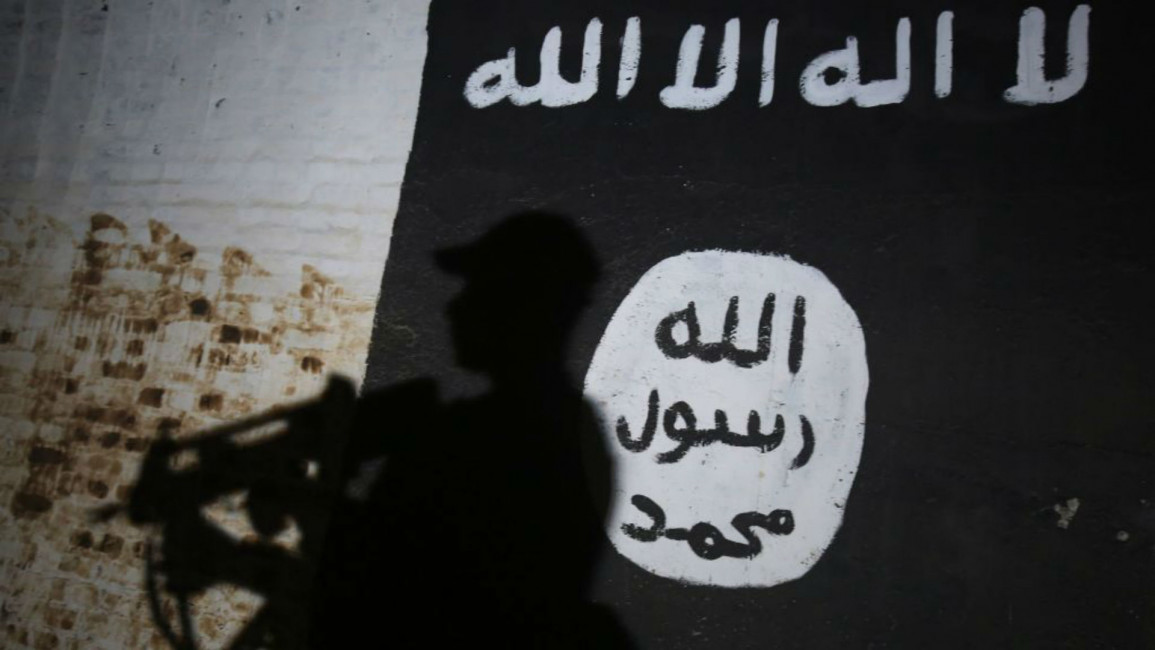Iraq army expands deployment in bid to hunt down IS remnants
In a bid to hunt down remaining Islamic State (IS) group fighters, the Iraqi army has expanded its deployment in the desert and mountainous areas in the country's north and west, military officials in Baghdad confirmed on Tuesday.
IS remnants have been linked to terrorist attacks that have caused casualties among civilians and security forces in recent weeks, particularly in the Kirkuk and Salah Al-Din provinces.
The new security measures come alongside changes undertaken by the chief of staff of the Iraqi army, which has replaced regiment officers and commanders for alleged negligence in carrying out tasks.
An Iraqi military official in Baghdad told The New Arab's Arabic sister service, Al-Araby Al-Jadeed, that a new plan to fill the gaps in the desert and mountainous areas in the provinces of Kirkuk, Diyala and Salah Al-Din has already begun.
This is through the deployment of combat units and the establishment of new barracks in the region to narrow the IS fighters' range of movements.
"The plan also includes speeding up the response of army planes to requests to support the ground forces, in addition to activating the intelligence capabilities in those areas," the official said.
Another officer with ground forces command said army units will launch pre-emptive operations in areas deemed fragile, stressing that the "cooperation of the people in those areas in monitoring the organisation's cells and [IS] suspects will be an important factor in eliminating the security threats".
Iraqi security forces carry out regular search operations in the Tarmiya area to prevent ISIS sleeper cells from using the area as a launchpad for attacks, but the region's terrain has complicated the military operation. https://t.co/MhEJmhveEW
— The New Arab (@The_NewArab) December 14, 2022
He said IS is currently in its "weakest state" and "relies on small cells that carry out lightning attacks and [then] withdraw".
"The goal now is to find their current hideouts and attack them there," he added.
While IS no longer controls any territory in Iraq or neighbouring Syria, the extremist group continues to launch attacks there.
Major General Tahsin Al-Khafaji, Iraqi Joint Operations Command spokesman, said: "We killed more than 200 terrorists, mostly IS leaders, who were targeted with airstrikes this year."


![President Pezeshkian has denounced Israel's attacks on Lebanon [Getty]](/sites/default/files/styles/image_684x385/public/2173482924.jpeg?h=a5f2f23a&itok=q3evVtko)



 Follow the Middle East's top stories in English at The New Arab on Google News
Follow the Middle East's top stories in English at The New Arab on Google News


